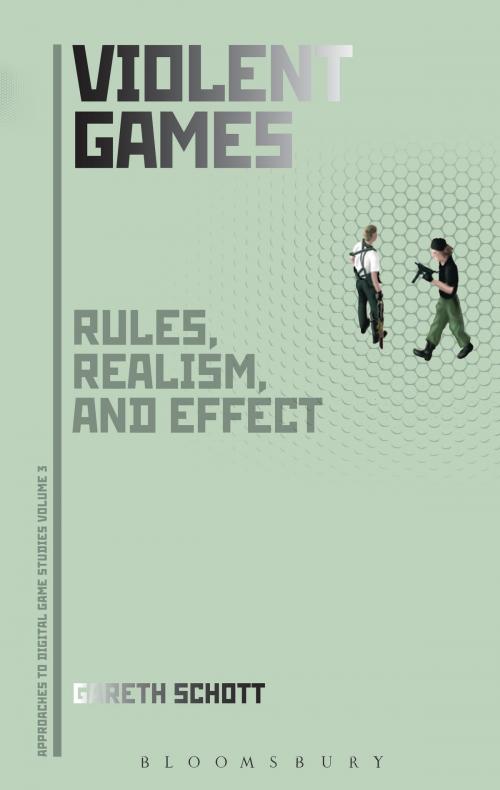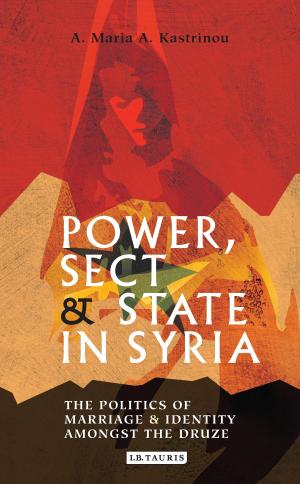Violent Games
Rules, Realism and Effect
Nonfiction, Entertainment, Games, Video & Electronic, Computers, Entertainment & Games, Video & Electronic Games, Social & Cultural Studies, Social Science| Author: | Gareth Schott | ISBN: | 9781628925609 |
| Publisher: | Bloomsbury Publishing | Publication: | July 28, 2016 |
| Imprint: | Bloomsbury Academic | Language: | English |
| Author: | Gareth Schott |
| ISBN: | 9781628925609 |
| Publisher: | Bloomsbury Publishing |
| Publication: | July 28, 2016 |
| Imprint: | Bloomsbury Academic |
| Language: | English |
It was over a decade ago that experimental psychologists and media-effects researchers declared the debate on the effects of violent video gaming as "essentially over,†? referring to the way violence in videogames increases aggressive thoughts, feelings and behaviors in players. Despite the decisive tone of this statement, neither the presence nor popularity of digital games has since diminished, with games continuing to attract new generations of players to experience its technological advancements in the narration of violence and its techniques of depiction.
Drawing on new insights achieved from research located at an intersection between humanities, social and computer sciences, Gareth Schott's addition to the Approaches in Digital Game Studies series interrogates the nature and meaning of the "violence†? encountered and experienced by game players. In focusing on the various ways "violence" is mediated by both the rule system and the semiotic layer of games, the aim is to draw out the distinctiveness of games' exploitation of violence or violent themes.
An important if not canonical text in the debates about video games and violence, Violent Games constitutes an essential book for those wishing to make sense of the experience offered by games as technological, aesthetic, and communicational phenomena in the context of issues of media regulation and the classification of game content "as†? violence.
It was over a decade ago that experimental psychologists and media-effects researchers declared the debate on the effects of violent video gaming as "essentially over,†? referring to the way violence in videogames increases aggressive thoughts, feelings and behaviors in players. Despite the decisive tone of this statement, neither the presence nor popularity of digital games has since diminished, with games continuing to attract new generations of players to experience its technological advancements in the narration of violence and its techniques of depiction.
Drawing on new insights achieved from research located at an intersection between humanities, social and computer sciences, Gareth Schott's addition to the Approaches in Digital Game Studies series interrogates the nature and meaning of the "violence†? encountered and experienced by game players. In focusing on the various ways "violence" is mediated by both the rule system and the semiotic layer of games, the aim is to draw out the distinctiveness of games' exploitation of violence or violent themes.
An important if not canonical text in the debates about video games and violence, Violent Games constitutes an essential book for those wishing to make sense of the experience offered by games as technological, aesthetic, and communicational phenomena in the context of issues of media regulation and the classification of game content "as†? violence.















